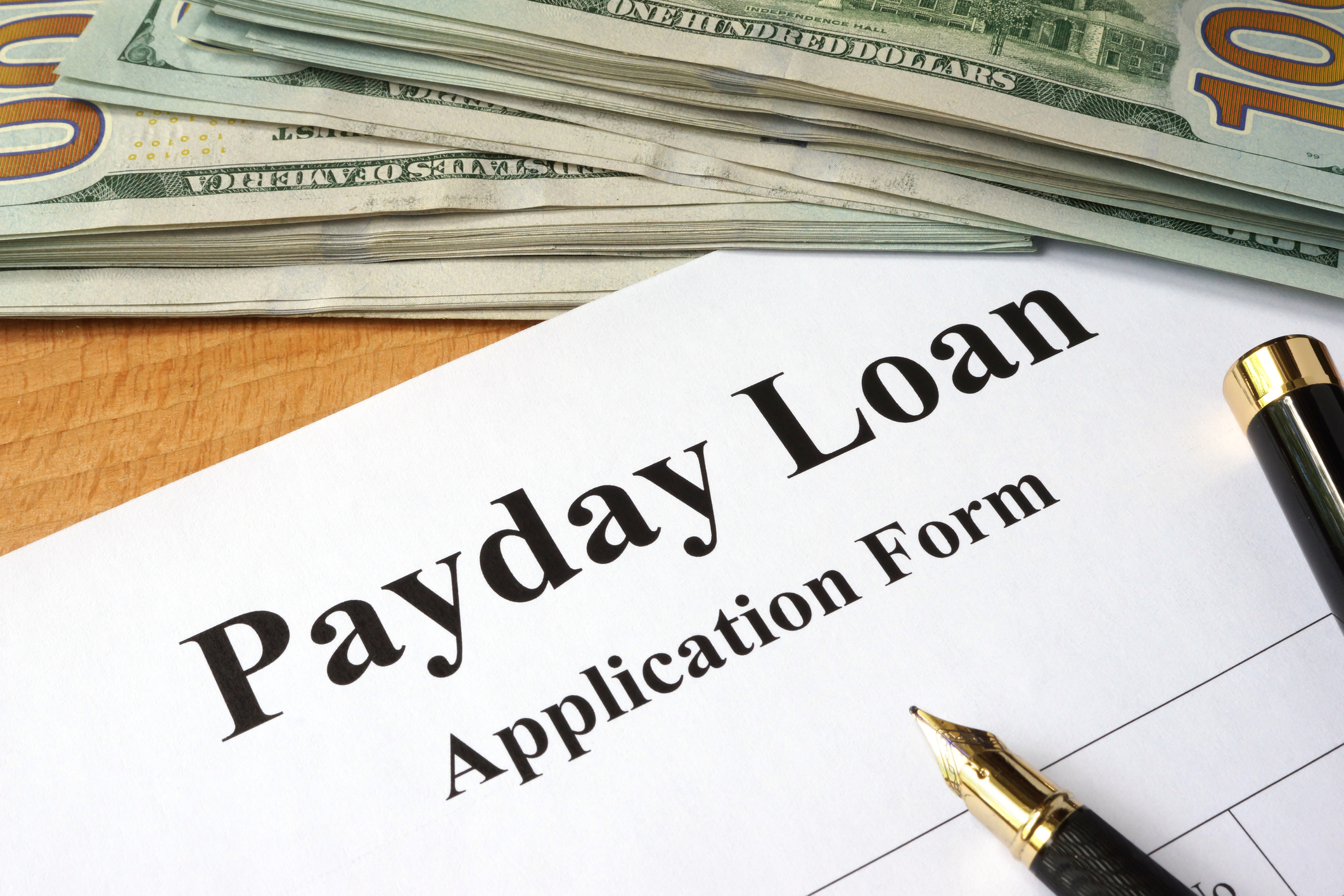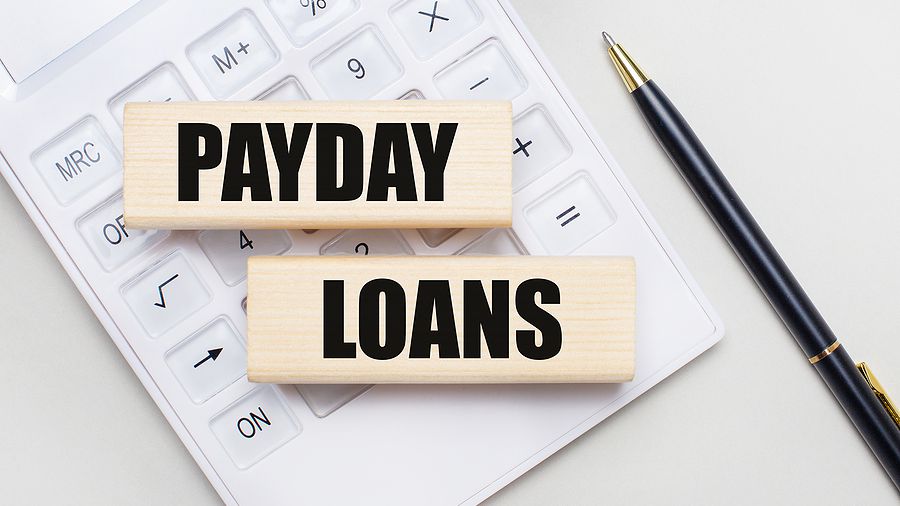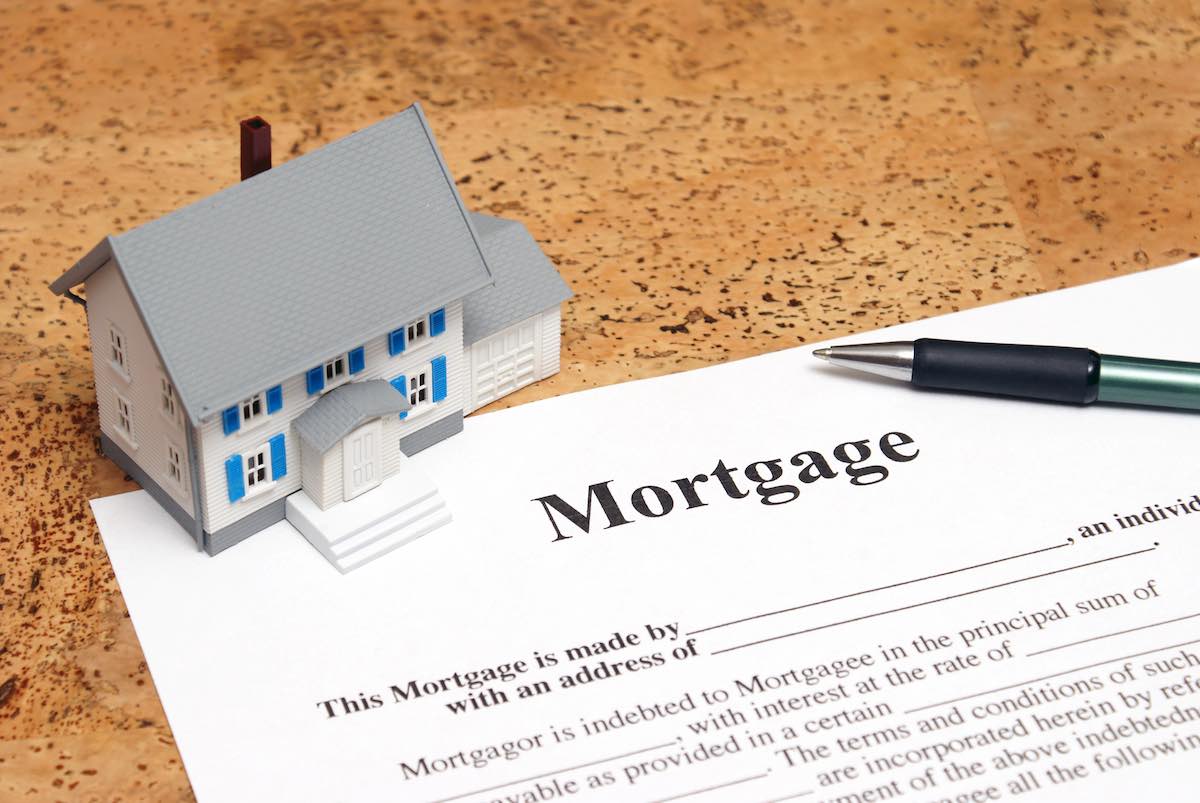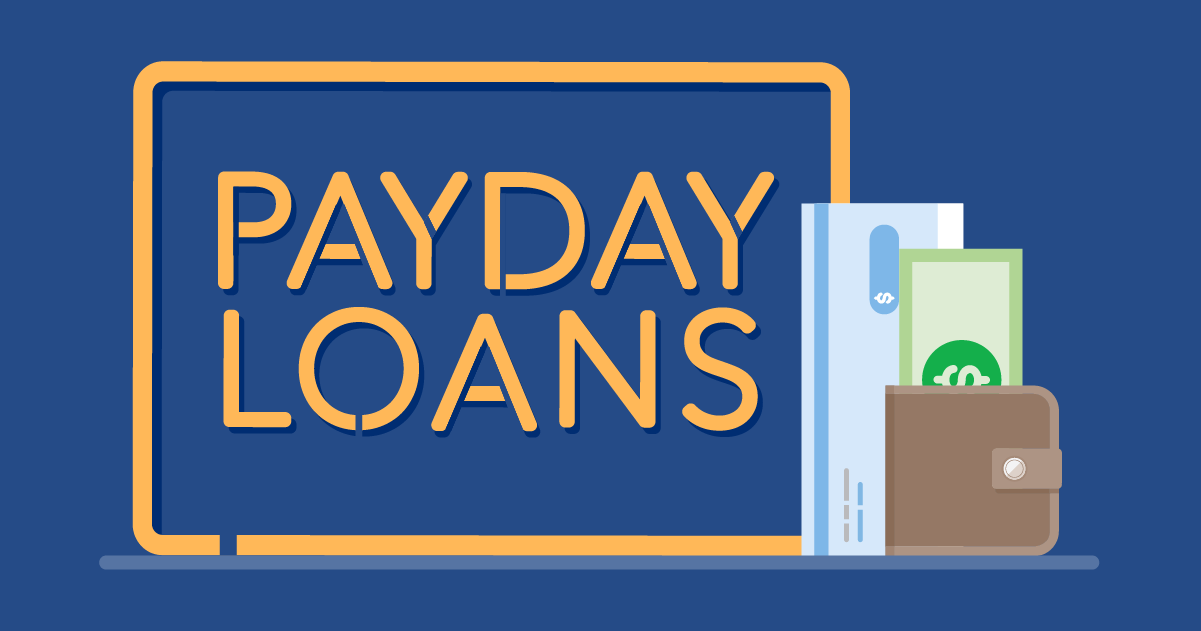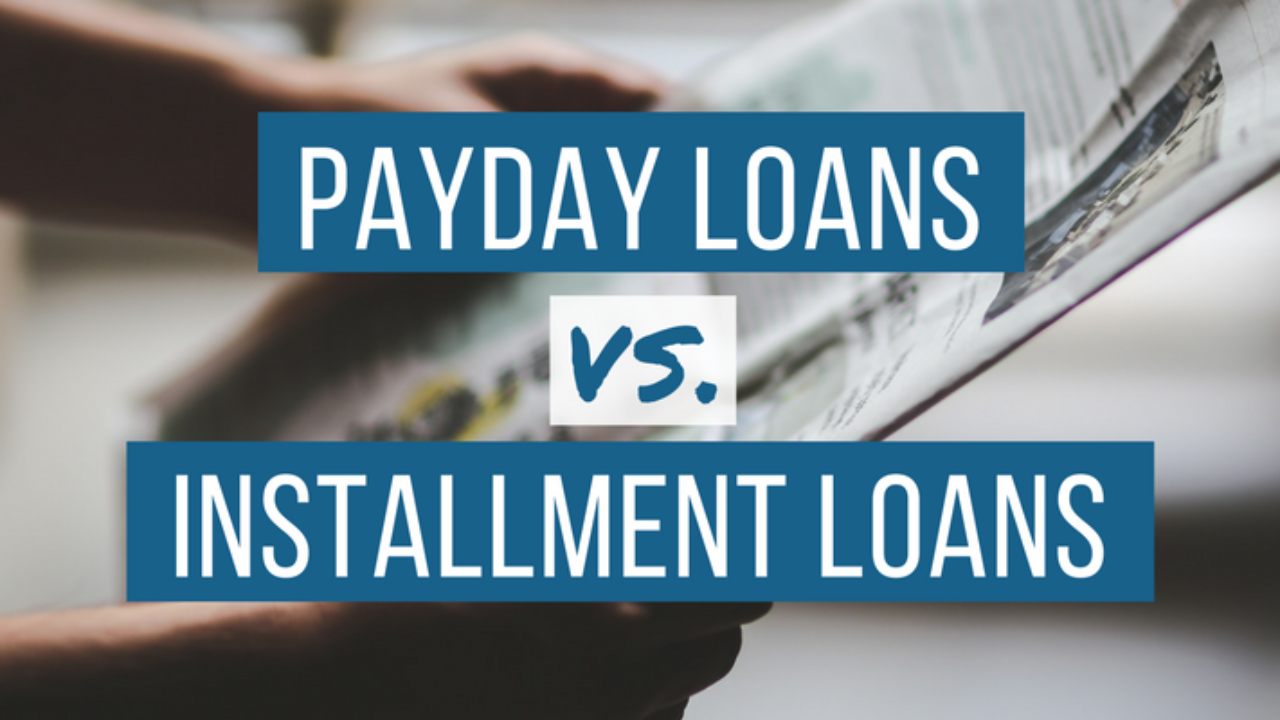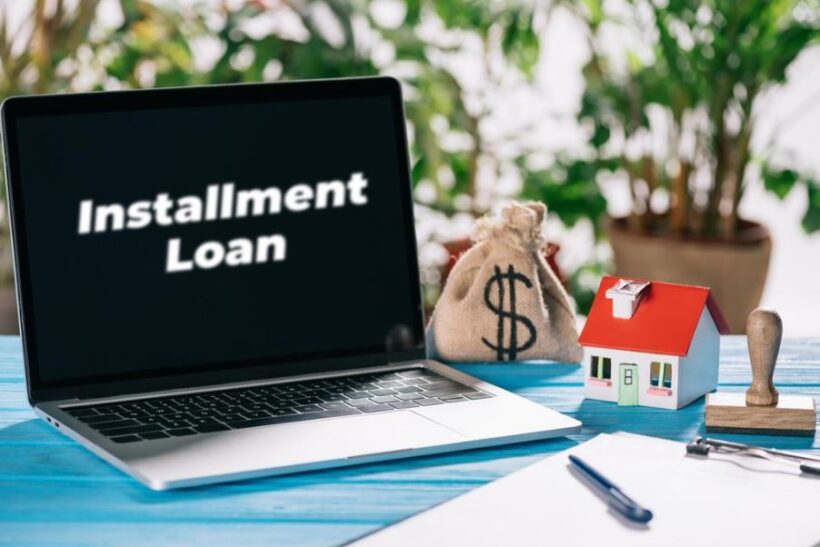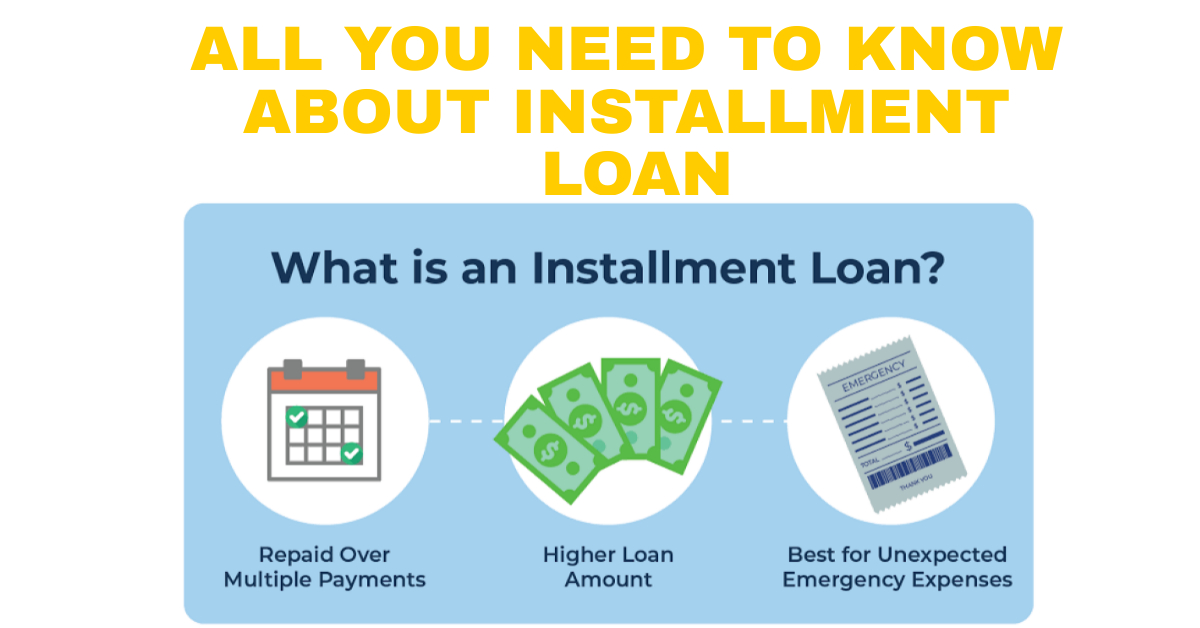Home Equity Loans: What Are The Benefits of Home Equity Loans and How To Apply
When you think of home equity loans, you probably don’t immediately think of using that cash to buy a house. While both types of home equity loans can be used to purchase a property, they have different purposes and need to be taken into account when making the decision about which option is best for your personal financial situation. Home Equity Loan vs Mortgage With the rise in interest rates and the changing economy, many people are finding it harder to qualify for home equity loan these days. Even though home equity loan isn’t as common as traditional mortgage or even private label reverse mortgage, it can still be an effective way for anyone with a stable income, healthy credit score and a steady savings plan to acquire their long-term investment property. But which is better? Let’s see what they have to offer.
Home equity loans can help you build a more permanent home than a conventional mortgage. They offer the security of knowing that your loan will be repaid with interest. However, they may not be as beneficial as interest-only or principal-only home equity loan options. Home equity loans often have higher interest rates than other types of loans, and they don’t have as many benefits as other types of mortgages. In this article, we discuss everything you need to know about interest-only vs. principal-only home equity loans, which is the better option for you.
What is a Home Equity Loan?
A home equity loan is a loan made on your home. It is often taken out by a home equity loan lender to help facilitate a home purchase. This type of loan is often refinanced quickly to take advantage of lower interest rates. Home Equity Loan vs. Mortgage – What’s The Difference? Both home equity loans and mortgages involve taking out a conventional loan (i.e., one with a mortgage). However, a home equity loan has several key differences from a mortgage: The amount of the loan is generally less than $100,000. A home equity loan does not have a mortgage and does not have to be repaid with interest. Lenders are allowed to charge higher interest rates on a home equity loan compared to a conventional loan. The amount of the loan can increase over time based on your monthly income. Mortgage loans come with a legal obligation to repay them with interest at the time of loan payoff. Home Equity Loans don’t have this obligation.
How Home Equity Loans Work
A home equity loan is a borrow-and-assist loan. You may apply for a home equity loan (HEL) when you want to make a substantial cash-out purchase such as a new home or a luxury car. The amount of the loan is generally higher than a conventional mortgage. At the time of loan payoff, the lender will make a profit based on the difference between the amount of the loan and the total cost of the loan including interest. The amount of the profit depends on the type of loan you took.
How is a Home Equity Loan different from a Mortgage?
Mortgage and home equity loans have similar characteristics and are often confused. While a home equity loan may have a higher interest rate than a conventional loan, it does not mean that it is a better option for your finances. The key difference between a home equity loan and a conventional loan is that interest on a home equity loan is income-less.
Home equity loan interest rates and terms can be very different from mortgage rates and terms. That is likely because they are a private loan, unlike a conventional mortgage. The loan itself can be a government-backed loan, a home equity loan or a mix of both. The amount you borrow and the interest rate you pay are likely to be higher on a home equity loan than on a conventional loan. The loan also may have different terms and conditions for refinancing and paying the interest on a home equity loan compared to a mortgage.
How to qualify for a Home Equity Loan?
In order to qualify for a home equity loan, you must have a decent credit score and have purchased a home in the past few years. You also must be able to demonstrate a history of making monthly mortgage payments on a home. These requirements are designed to ensure that you can afford the loan and there are no special rules that apply to someone with a complex financial situation. Your loan application can also include a document showing you have access to the money needed to make the loan payment.
When should you use a Home Equity Loan?
If you are able to use a home equity loan before your mortgage is finished, you can save a lot of money. This can be important if you have a large mortgage and a small home compared to other people. Refinancing your mortgage to a lower interest rate or paying off your mortgage early can both benefit from the equity in your home. If you have the cash in the bank, you can also use it for other things like a car or a vacation. However, if you don’t have a lot of extra money in the bank, you may want to wait until your mortgage is finished and take out a conventional loan. The interest rate on a conventional loan may be higher than on a home equity loan, so you may want to think about that when deciding which loan to take.
There are many situations when you should use a home equity loan. If you are buying a house, for example, and you are the primary borrower, you may want to use a home equity loan to lower your interest rate and take advantage of the cheaper loan term. You may also want to use a home equity loan if you have a history of missed or late payments and want a lower rate of interest. These are all good reasons to use a home equity loan. However, you should also be aware of the following situations when you should not use a home equity loan: You already have a mortgage You have a substantial amount of equity in your home You have a history of missed or late payments.
Pros and cons of using a Home Equity Loan
There are a few benefits of using a home equity loan that you can’t get from a conventional loan. The first is that you can take out a loan at a lower interest rate than a conventional loan. This can be very useful if you have bad credit and are trying to get a low-interest loan. The second is that you can refinance your mortgage loan at a lower interest rate. Refinancing may lower the total amount of your loan, but it will increase your overall credit score. The last advantage is that you can get a lower interest rate on your first mortgage. This can be very helpful if you want to get a first mortgage, but don’t want the high-interest rate on a home equity loan.
What Types of Loans Can Be Made Using Home Equity?
Home equity loans can be used for many types of debt. They may be used to make a cash-out refinance, a home equity loan, or mortgages. The following are the most common types of home equity loans:
Home Equity Loan – A home equity loan is a loan made on your home. It is often taken out by a home equity loan lender to help facilitate a home purchase.
Debt Pay-Off Refinance – A debt payoff refinance is a cash-out refinance that lets you repay your existing mortgage and avoid taking a risk on a new loan.
Mortgage Refinance – A mortgage refinance is a loan that lets you make a one-off payment towards your mortgage and take advantage of lower interest rates.
What are the Different Types of Home Equity Loans?
There are basically 3 types of home equity loans: secured, unsecured, and cash-out. All 3 types of home equity loans require you to put up some collateral in order to secure the loan. The amount you have to put up will vary by loan type. In general, however, the amount is higher on a home equity loan than on a mortgage.
Is a Home Equity Loan Right for You?
There are a couple of things you should consider when deciding whether a home equity loan is a right option for you. The first is your credit score. This is important because the interest rate and repayment term will determine how much interest you will pay and how long you will have to repay the loan. The lower your credit score, the more interest you will pay and the shorter the loan will be. The second is the length of the loan. This is important because you will need to make a payment each month to cover the interest on the loan and repayment of the down payment.
Conclusion
A home equity loan is a short-term financing option that is intended to help you build equity in your home. The loan is flexible in that you can choose how often you want to repay the loan and at what interest rate. Although it may have a lower interest rate than a conventional loan, a home equity loan has some significant disadvantages.
